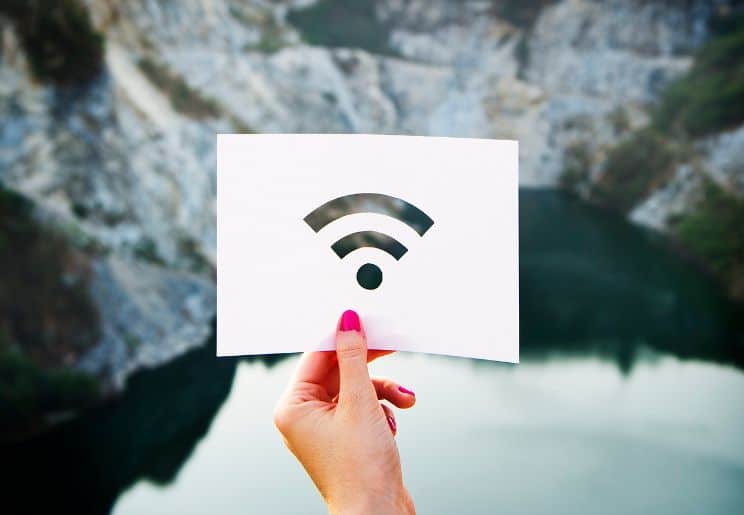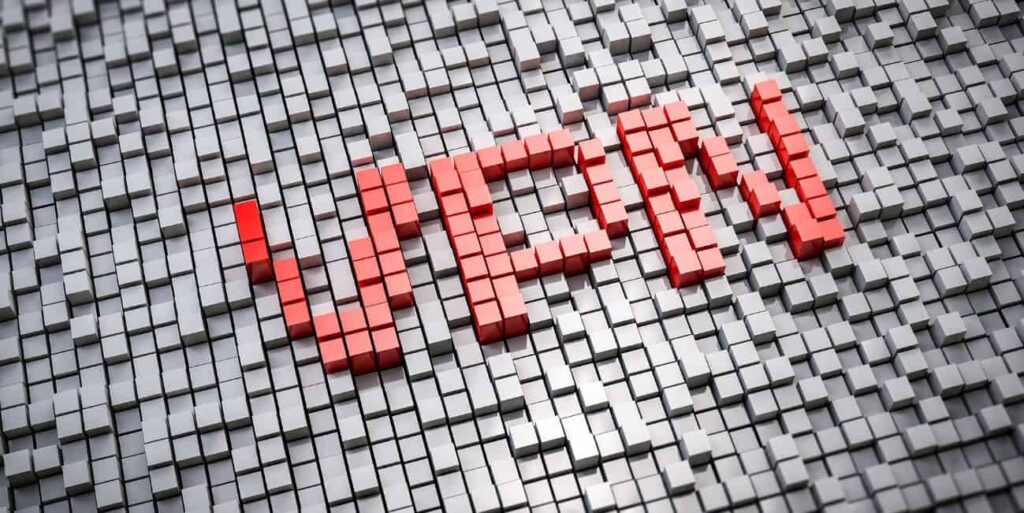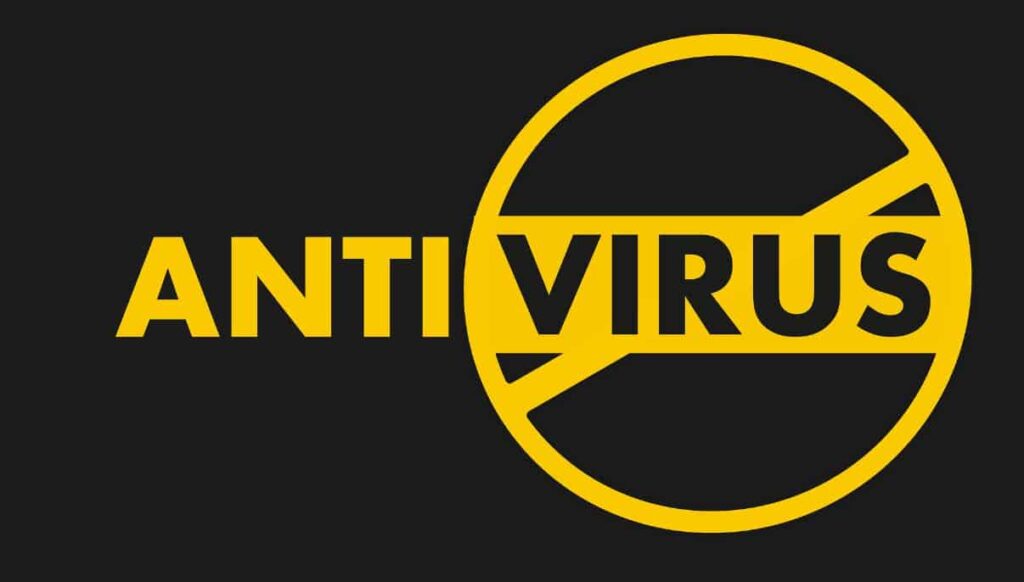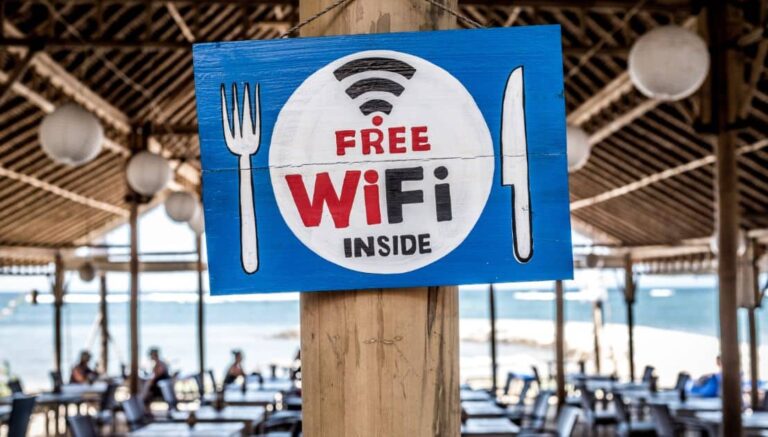Share with friends:
Free WiFi hotspots are meant to be HARMLESS because they are offered to facilitate learning in the education sector, and client satisfaction – in the productivity and entertainment industry.
Sadly, security is not always assured, or worse, is hard to implement. Upon connection to a wireless network, your devices are vulnerable to attacks from cybercriminals. These can still be valuable information, and perpetrate other internet criminalities.
You are therefore responsible for your smartphone and/or computer security the minute you hit CONNECT.
The Free Wifi Hotspot Hacks
Never mind if you have been plowing free WiFi hotspots carelessly. The following tips should keep you safe away from prying eyes. Follow them to the DOT and you will be a HAPPY surfer after all.
1. Free Wifi Hotspots are Insecure. Period!

First and foremost, the knowledge that free wifi is not necessarily safe should make you connect to them sparingly. Free things are actually not free if you ask!
Only connect when you have to. If you do connect, make it brief and log out the minute you are done.
While at it become unusually vigilant and critical of WiFi passwords for hotspots you intend to connect to. And just in case you trusted your favorite local restaurant because it uses a WiFi password, find out how easily accessible the password is. It should ring a worrying bell if it is easy to acquire, crack, and use.
If it is all about getting one from the manager at the counter, then you are SCREWED. Most restaurants and bars actually display WiFi passwords right at the counter!
2. Watch Out for Duplicate and Spooky WiFi Hotspot Names

Duplicate hotspot names are warning signs that hackers have set up a SPOOKY hotspot name and are eagerly waiting for you to log in by mistake! You will be redirected to internet locations manned by the tricksters in question. While there you will be monitored and have your CREDENTIALS compromised.
You should also watch out for enticing hotspot names like Free Wifi. They are usually HOAXES, re-directing you to rogue sites.
Of course, some enticing names represent genuine hotspots, but it is no crime to question them.
3. Use Virtual Private Networks

Use virtual private networks (VPN) software. Much as VPNs can also take the role of the man in the middle attacks, they are better bets than getting tricked unknowingly by hackers.
Take time to acquire a trusted VPN software, which is usually a one-time installation. It should offer a trusted degree of protection and anonymity.
A number of VPNs also protect against non-HTTPS sites, which usually request personal data. A pop-up on your screen will alert you of malicious activity, and help thwart them.
A good tool to use is the TOR browser which comes with an inbuilt VPN.
4. Never Use Public Wifi Hotspots to Transact Business

Free WiFi hotspots are free-
Avoid the temptation to transact financial assignments that require you to log in to business sites and key in electronic card details.
Because of the lax data encryption, free hotspots give thieves the opportunity to steal data without the use of sophisticated techniques and codes.
5. Forget Visited Networks – Disable Automatic Connection
Most of us are careless when it comes to tracking obvious computing mistakes. One of them relates to keeping a record of WiFi hotspots we have visited. Of course, it makes it easy for us to connect again and not having to re-enter passwords.
Big mistake.
Only do this with your home hotspot, hoping, of course, you have secured it!
Make it a habit to forget visited networks.
We may not be using the Internet all the time but the mobile phone will log in automatically, and stay connected. If a hacker is waiting nearby, he will probably have a FREE ride!
Smartphones today provide this feature by DEFAULT and unless you really have a good reason to want it, turn it off.
It also goes as a warning to those that leave the Ask to Join Network feature on to turn it off.
6. Use Updated Security Software

Last and very important, make sure to install security software before running wild online. In brief, never surf the internet without trusted ANTIMALWARE tools! Numerous security software packages are available online, some for FREE.
Install your chosen software and let it do its work. Make sure to become the second line of (HUMAN) defense. If an antivirus tool ASKS you to SCAN or REMOVE malware, please do. Ignore this notification at your own peril. Only one moment of indecision will expose your computer to malware attacks.
Protect Your Home WiFi Hotspot!
Free public wifi is not the only place that hackers will attack to steal personal data. Attacks can happen right in the confines of your house. Always install dynamic and encrypted password standards in your wifi router or ad hoc network to bar outsiders from stealing your internet, and more seriously, personal data.


0 Comments